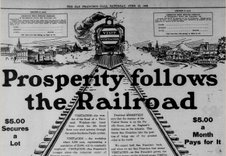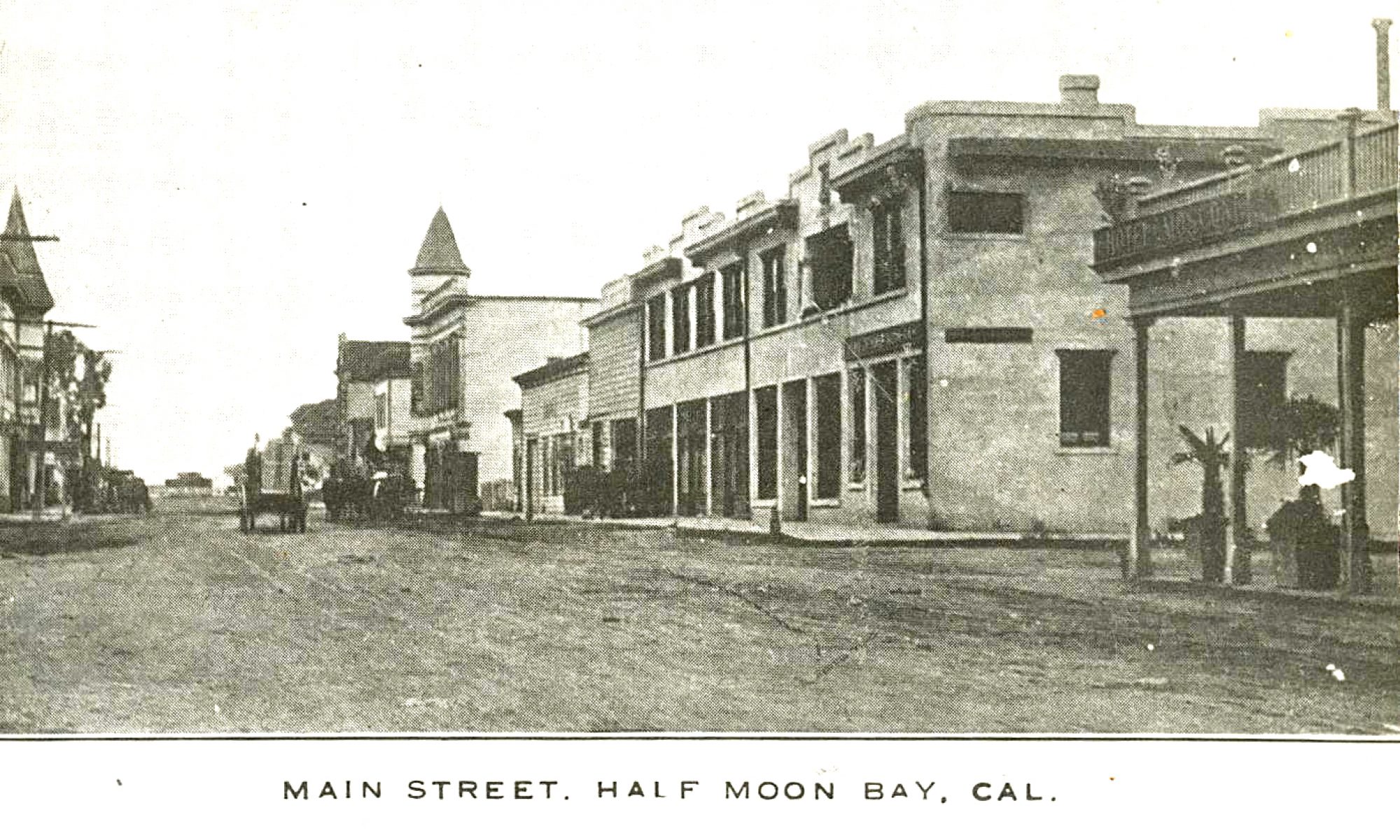Story by Angelo Misthos
Note: “Optimism does not a success make”–June quote

Hi, June. It’s a good question. As you know I correspond with John re the OS; I think John pretty much knows my viewpoint. Anyway, here it is: Essentially, to paraphrase Robert Browning, Ah, but a man’s reach should exceed his grasp, but not on the Ocean Shore. (Perhaps to replace the slogan “Reaches the Beaches”.) The idea of a railroad along the coast was a good one–thought of years before– but the carrying out was not.
The OS was under-capitalized at the outset. Too much money was wasted as it turned out on double-track construction wiped out by the 1906 earthquake, and on electrical equipent and facilities never used, since after that event the line was forced to switch to single-track steam operation. The idea of starting to build simultaneously from San Francisco south and north from Santa Cruz was poor planning, especially in view of the shortage of funds. It forever remained, as someone said, two branch lines. A single track steam line beginning from S.F. would have reached the fertile valleys of San Gregorio and Pescadero as well as the timber resources of the Butano Forest area before running out of money.Then, with an income-producing operation the OS more easily could have widened to an electrified double- track, if still desired, and gone on to Santa Cruz. (I realize this is hindsight, but the unrealistic optimism of the promoters should have let a bit of room for foresight.) The grandiose plans for real estate opportunities and suburban play land type developments wasted additional funds. For them it was not build it and they will come–just the opposite. True, bad luck did not help–the earthquake for example as well as the financial depression that began almost as soon as the OS started out. And management obsession–to build along the ocean’s edge insofar as possible–undoubtedly increasing construction as well as roadbed maintenance costs.
Yes, the Ocean Shore was a good idea and one whose time had come. Unfortunately, those behind it were not railroad men, but entrepreneurs successful in other
ventures but not at building or running a railroad. Angelo
